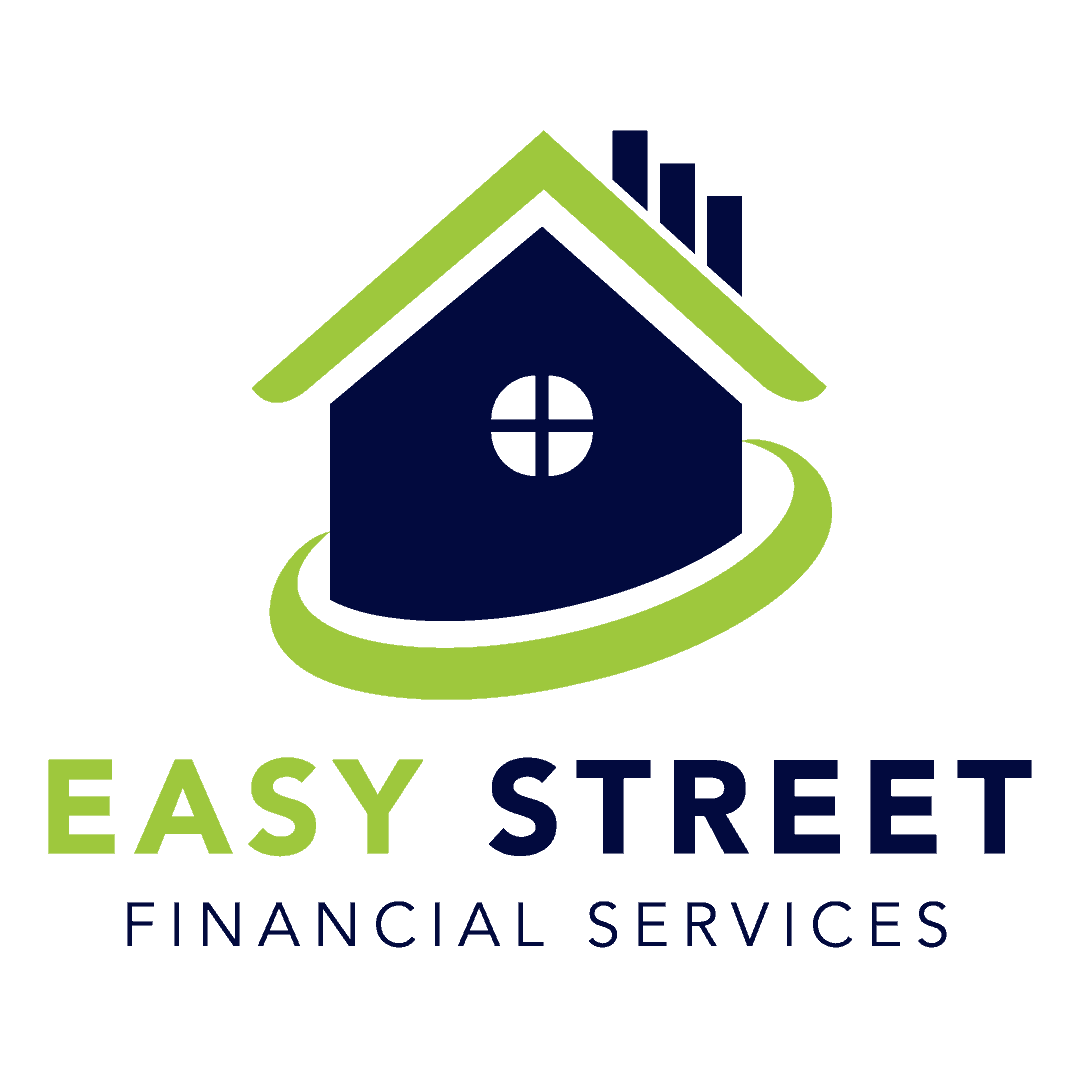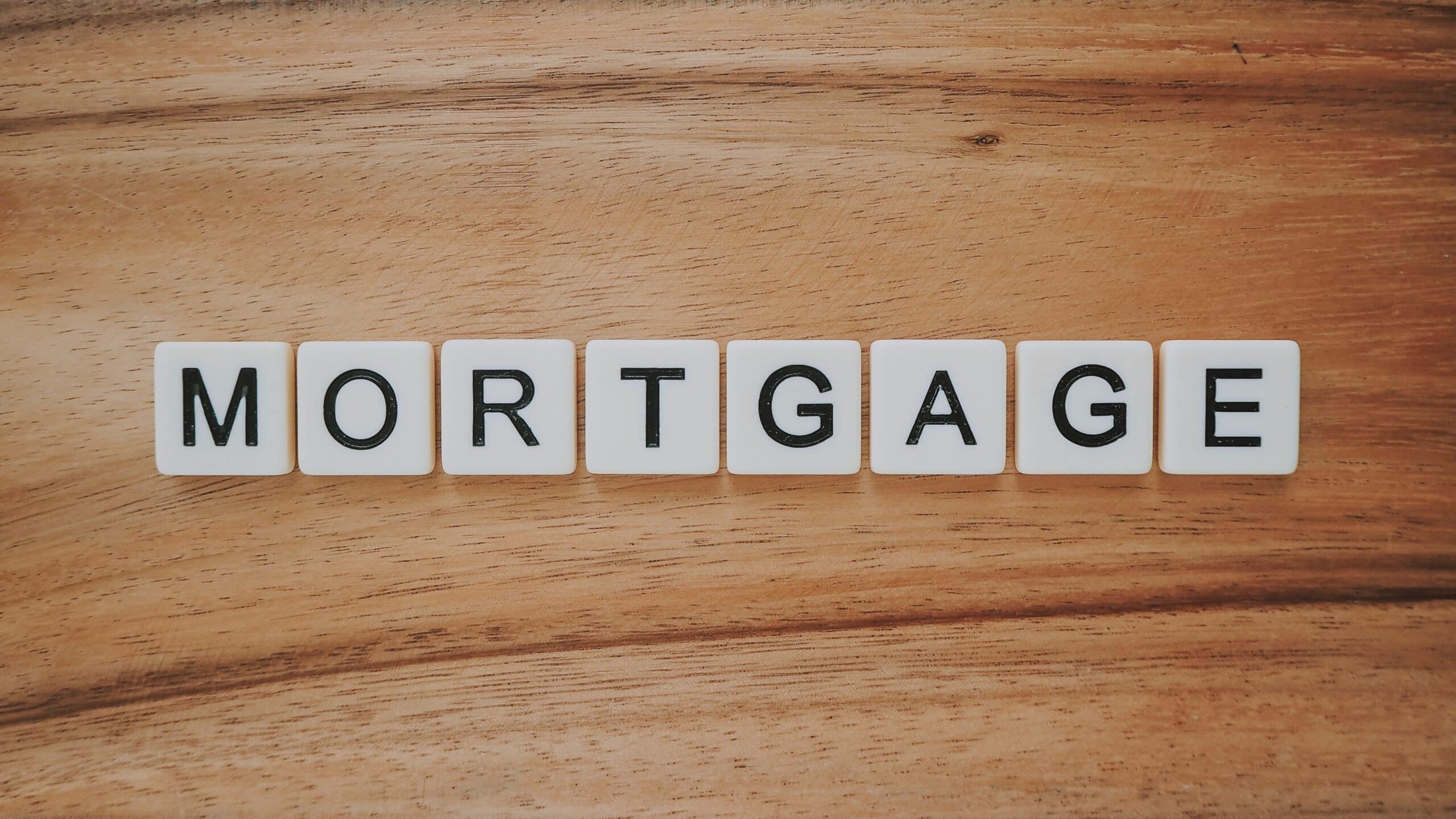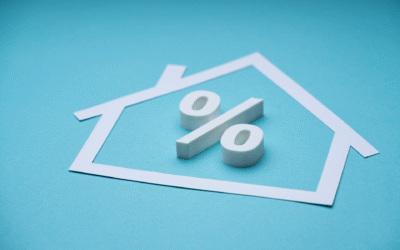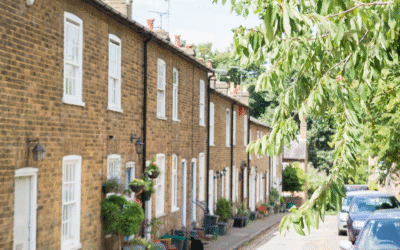Fixed or Variable Mortgage – Which is Right for You?
When choosing a mortgage, one of the biggest decisions you’ll face is whether to go for a fixed or variable rate and which is right for you.
Both options have pros and cons, and the right choice depends on your financial situation, risk tolerance, and future plans.
In this guide, we’ll break down the key differences to help you make an informed decision.
What is a Fixed-Rate Mortgage?
A fixed-rate mortgage offers a set interest rate for a specified period, typically two, three, five, or even ten years.
This means your monthly repayments remain the same throughout the fixed term, regardless of changes in the wider economy or interest rates.
Pros of a Fixed-Rate Mortgage:
✔ Predictable Payments – Your monthly repayments won’t change, making budgeting easier.
✔ Protection from Rate Increases – If interest rates rise, your mortgage rate stays the same.
✔ Peace of Mind – You won’t need to worry about market fluctuations affecting your mortgage payments.
Cons of a Fixed-Rate Mortgage:
Potentially Higher Initial Rate – Fixed rates can be higher than the initial rates of variable mortgages.
Less Flexibility – If interest rates drop, you won’t benefit from lower repayments.
Early Repayment Charges (ERCs) – Exiting a fixed-rate deal early can be costly.
What is a Variable-Rate Mortgage?
A variable-rate mortgage means your interest rate can change over time, either in line with the lender’s standard variable rate (SVR), the Bank of England base rate, or another market-linked rate.
Types of Variable-Rate Mortgages:
- Tracker Mortgages – These follow the Bank of England base rate plus a set percentage.
- Discount Mortgages – These offer a discount off the lender’s SVR for a set period.
- Standard Variable Rate (SVR) Mortgages – The lender sets this rate, which can change at their discretion.
Pros of a Variable-Rate Mortgage:
Lower Initial Rates – The starting rates could be lower than fixed-rate mortgages
Potential Savings if Rates Fall – If interest rates drop, your repayments could decrease.
More Flexibility – Often fewer or lower early repayment charges compared to fixed rates.
Cons of a Variable-Rate Mortgage:
Uncertainty – Monthly payments can increase if interest rates rise.
Harder to Budget – Fluctuating payments make financial planning more challenging.
Higher Risk – Sudden rate increases can lead to unexpectedly higher costs.
Which One Should You Choose?
The best choice depends on your individual circumstances. Here are some key factors to consider:
- Do You Prefer Stability? If you want predictable payments and peace of mind, a fixed-rate mortgage may be best.
- Are You Comfortable with Risk? If you’re open to fluctuations and potential savings, a variable-rate mortgage could work.
- How Long Do You Plan to Stay in Your Home? If you might move or remortgage soon, a variable mortgage with fewer exit penalties could be more flexible.
- What Are Interest Rates Doing? If rates are low and expected to rise, fixing now could be a smart move. If rates are high and likely to drop, a variable mortgage could be beneficial.
Conclusion
There’s no one-size-fits-all answer when choosing between a fixed or variable mortgage.
Your decision should be based on your personal financial situation, risk appetite, and market conditions.
If you’re unsure, speaking to a mortgage adviser can help you find the best option for your needs.
At Easy Street, we’re here to help. Contact us today for expert mortgage advice tailored to you.




